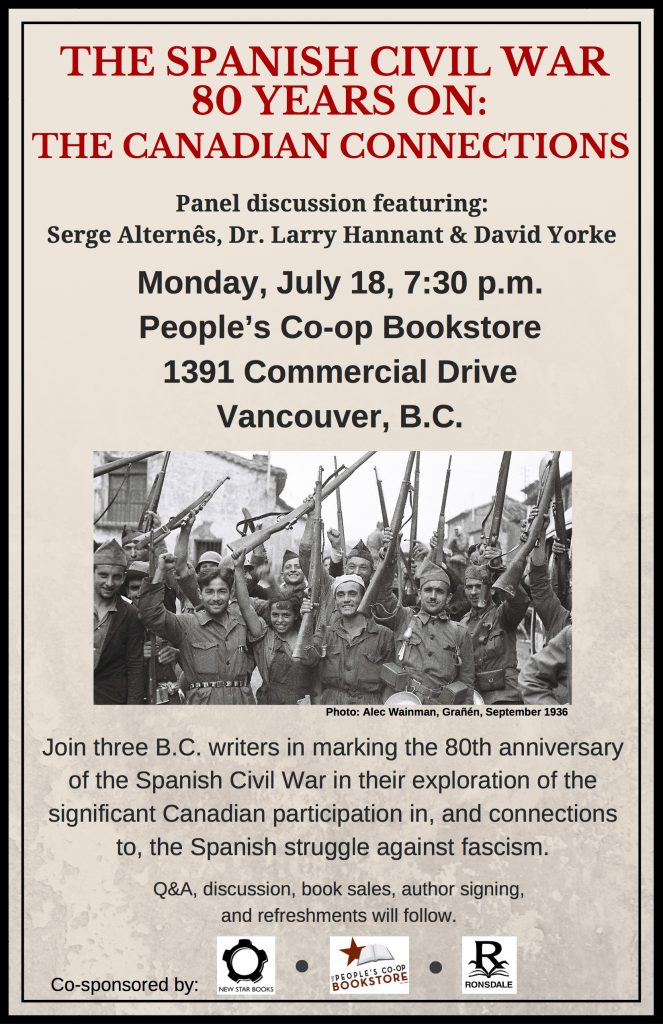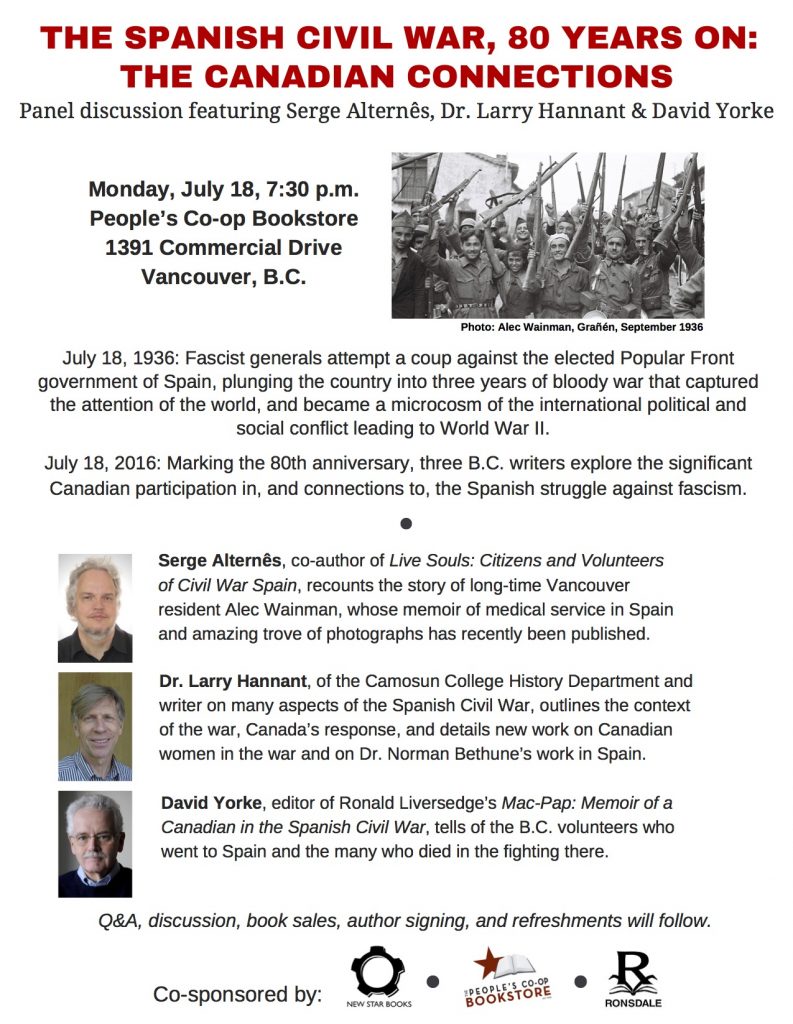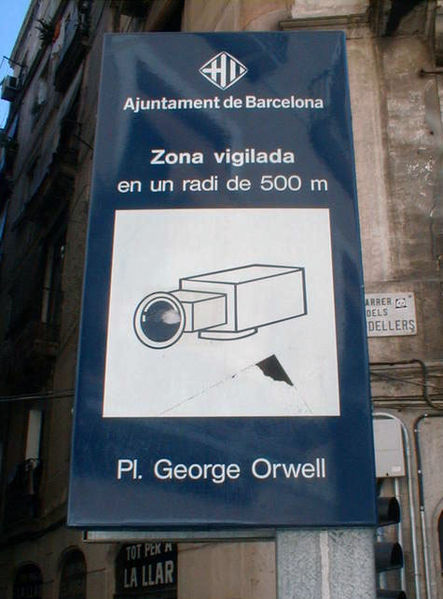Time and timing are of the essence in Hemingway’s For Whom the Bell Tolls. The mission at the heart of the book, for which the young American Robert Jordan is to sabotage a bridge in concert with a Republican offensive, is time critical: “To blow the bridge at a stated hour based on the time set for the attack is how it should be done,” he is told by the man in charge, General Golz. “You must be ready for that time” (5). But then, ultimately, when it becomes clear that they have lost the advantage of surprise and Jordan tries to have the attack called off, his messenger cannot get through in time: “C’est dommage. Oui. It’s a shame it came too late” Golz reflects (428). His divisions are already on the move, and there is no stopping them now. Still, “maybe this time [. . .] maybe we will get a break-through, maybe he will get the reserves he asked for, maybe this is it, maybe this is the time” (430).
We never know what comes of the offensive, and whether indeed “this is the time,” though we must presume it isn’t: the book was published in 1940, and so in the aftermath of the eventual failure to save Madrid, and indeed Spain as a whole, from Franco’s forces. A sense of doom hangs over the entire enterprise: “I do not say I like it very much” responds Jordan to Golz even when he receives his orders (6). And “It is starting badly enough [. . .]. I don’t like it. I don’t like any of it” he muses once he is on the scene with the bridge (16). Little by little, step by step, things go from bad to worse: the sky is full of Fascist planes; the leader of the local guerrilla gang is unpredictable and broken; unexpected snow reveals the tracks of an allied group, who are unceremoniously slaughtered; Jordan has to deal with incompetence and betrayal. By the time they finally blow the bridge they know that it is effectively a suicide mission, and what’s worse for a larger cause that is itself destined to fail. Yet still they go on with it. The book ends with Jordan, his leg broken and so unable to flee, on the verge of unconsciousness, waiting for his last fight as the enemy come up the road: “Let them come. Let them come! [. . .] I can’t wait any longer now [. . .]. If I wait any longer I’ll pass out” (470). But again, we are not told precisely what happens next. Instead, the novel’s final line (“He could feel his heart beating against the pine needle floor of the forest” [471]) returns us to how it all started: “He lay flat on the brown, pine-needled floor of the forest” (1). The entire book is a circle, refusing to look ahead as though to stave off the certain tragedy of what is to come, and refusing equally to look back, for the little we glimpse of the past is likewise marked by violence and shame.
Instead, the novel carves out an oasis of time: four days, or rather “not quite three days and three nights” (466), in which almost the entirety of the novel is set, between the moment at which Jordan meets the partisans and the point at which they have to leave him there by the bridge, with hardly the chance for goodbyes: “There is no time” (462). It is not as though this brief stretch is unaffected by what has gone before and what is to come: it is clear, for instance, that some unresolved Oedipal drama has brought Jordan here, while the other characters have traumas of their own that they are unable to escape; and however much they stoically (or heroically?) try to deny their intuition of a bitter finale, they are unable to dispel these presentiments altogether. But Hemingway’s point, I think, is that within these three or four days they are able to live an entire lifetime. There is something almost Borgesian about this, like the short story “El milagro secreto,” in which a man in front of the firing squad lives out what for him is an entire year between the order to fire and the bullets piercing his chest. Robert Jordan lives out his own “secret miracle” in the company of Maria, the ragged-haired young woman that the guerrillas had rescued from a previous operation.
On their last night together (Jordan’s last night tout court), “Robert Jordan lay with the girl and he watched time passing on his wrist.” But this steady temporal progression is, he feels, somehow under his subjective control: “as he watched the minute hand he found he could almost check its motion with his concentration” (378). A little later, “as the hand on the watch moved, unseen now”–and so perhaps unchecked, but also unminded–comes an extraordinary passage in which Hemingway (or Jordan) tries to delimit something like a pure present of absolute intensity:
They knew [. . .] that this was all and always; this was what had been and now and whatever was to come. This, that they were not to have, they were having. They were having now and before and always and now and now and now. Oh, now, now, now, the only now, and above all now, and there is no other now but thou now and now is thy prophet. Now and forever now. Come now, now, for there is no now but now. Yes, now. Now, please now, only now, not anything else only this now. (379)
Of course, the watch hand cannot be detained indefinitely: its motion can at best be “almost check[ed].” And language–or writing–inevitably unfolds linearly. The sentence, the paragraph, the book must all grind inexorably to their ends. But in the meantime, perhaps, this is the time; this is their time, our time. Hemingway’s wager, in For Whom the Bell Tolls, is to rescue and resuscitate a moment of exceptional intensity and vivacity, even within the earshot and in full knowledge of the bells that toll relentlessly for a death that (as in the epigraph taken from John Donne) diminishes us all.
See also: For Whom the Bell Tolls I; Spanish Civil War novels.




